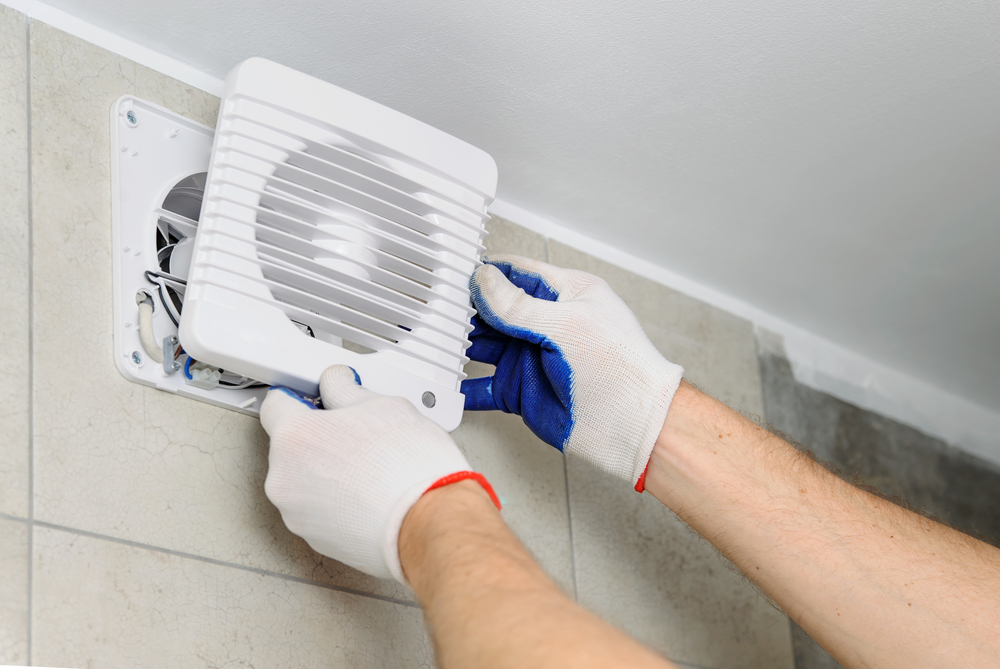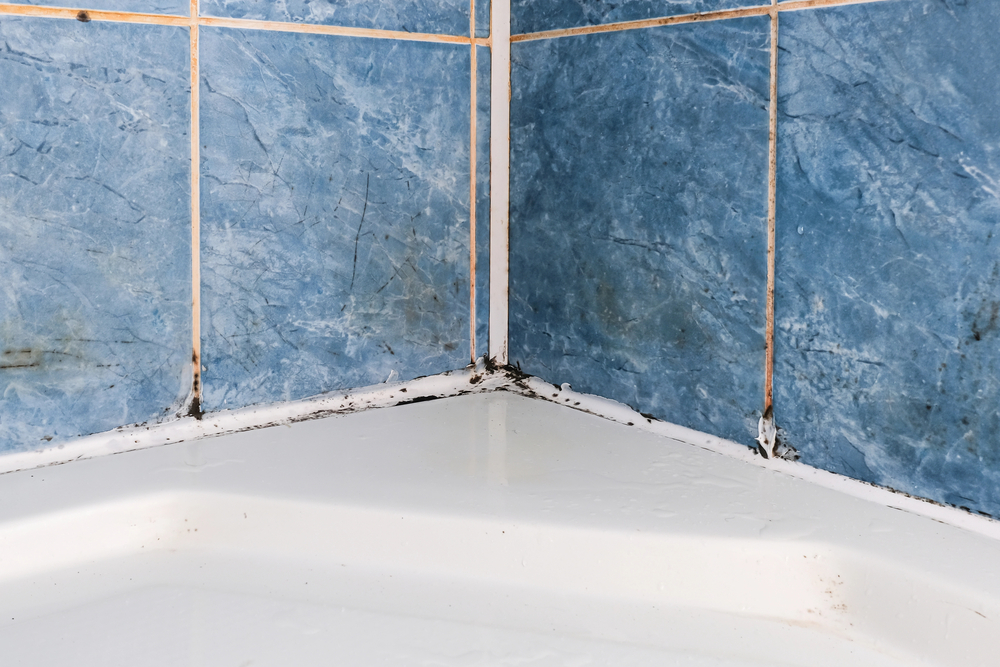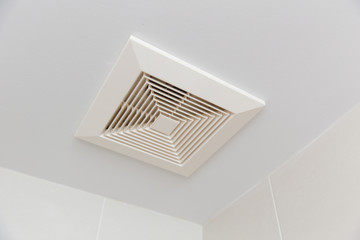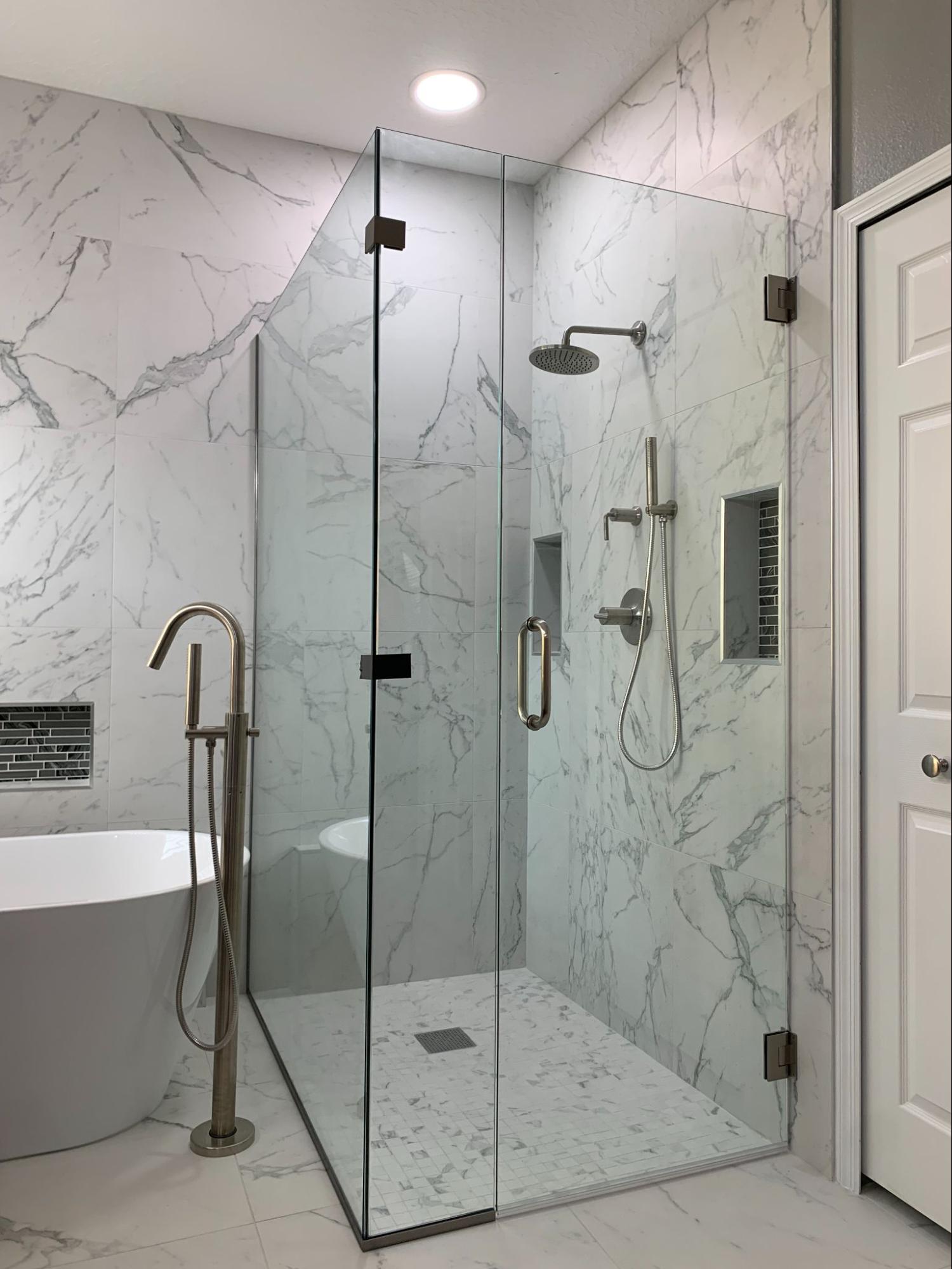The Impact of Ventilation on Mold and Mildew Growth: Insights From a Shower Door Company
Aug 19, 2024

Mold and mildew growth is a common concern in bathrooms, particularly in areas with high moisture levels such as showers. As a leading shower door company, we understand the critical role that proper ventilation plays in preventing these unwanted and potentially harmful growths. This article explores the impact of ventilation on mold and mildew growth, offering insights and solutions from our industry expertise to help maintain a clean and healthy bathroom environment.
Understanding Mold and Mildew

What Are Mold and Mildew?
Mold and mildew are types of fungi that thrive in moist, warm environments. While both can cause discoloration and damage to surfaces, they also pose health risks, including respiratory problems and allergic reactions. Mold appears as black or green patches, whereas mildew is typically gray or white and powdery.
Conditions for Growth
The primary factors that contribute to mold and mildew growth include moisture, warmth, and poor ventilation. Bathrooms, especially shower areas, provide an ideal environment for these fungi due to frequent water use and high humidity levels.
The Role of Ventilation

Reducing Humidity Levels
Proper ventilation is crucial in reducing humidity levels in the bathroom. Ventilation systems, such as exhaust fans, help to remove excess moisture from the air, making it less conducive to mold and mildew growth.
Circulating Air
Ventilation promotes air circulation, which helps to dry wet surfaces more quickly. By keeping the air moving, it prevents moisture from settling on shower doors, walls, and other surfaces, thereby reducing the chance of mold and mildew forming.
Temperature Regulation
Effective ventilation also helps regulate the temperature in the bathroom. Lower temperatures can inhibit the growth of mold and mildew, as they prefer warm environments. By maintaining a cooler bathroom environment through proper ventilation, the likelihood of mold and mildew growth is minimized.
Practical Solutions for Shower Door Maintenance

Choosing the Right Shower Door
As a shower door company, we recommend choosing shower doors made from materials that resist mold and mildew growth. Glass shower doors with protective coatings can prevent water from clinging to the surface, reducing the opportunity for mold and mildew to develop.
Regular Cleaning
Regular cleaning is essential to prevent mold and mildew. Using non-abrasive cleaners and wiping down shower doors after each use can help keep them dry and free from fungi. It’s also important to clean the tracks and seals where water can accumulate.
Proper Installation
Ensuring that shower doors are properly installed with minimal gaps and tight seals can prevent water from escaping and creating a breeding ground for mold and mildew. A professional installation can also ensure that the shower area is appropriately sealed, further reducing moisture buildup.
Enhancing Bathroom Ventilation
Installing Exhaust Fans
One of the most effective ways to enhance bathroom ventilation is by installing exhaust fans. These fans should be powerful enough to remove moisture-laden air and should ideally be left running for a few minutes after a shower to ensure all excess moisture is expelled.
Utilizing Windows
If the bathroom has windows, they should be used to enhance ventilation. Opening a window during and after a shower can help reduce humidity levels and promote air circulation.
Using Dehumidifiers
In cases where natural ventilation is limited, using a dehumidifier can be an effective solution. Dehumidifiers help to remove moisture from the air, making the bathroom less hospitable to mold and mildew.
Additional Preventive Measures
Waterproofing Surfaces
Applying waterproof coatings to shower doors and other bathroom surfaces can provide an additional layer of protection against mold and mildew. These coatings prevent water from penetrating surfaces, thereby reducing moisture buildup.
Sealing Grout and Tiles
Regularly sealing grout and tiles can prevent water from seeping into these porous materials, which can be a common site for mold and mildew growth. Using mold-resistant sealants can provide long-term protection.
Regular Inspections
Conducting regular inspections of the bathroom, including shower doors, tiles, and ventilation systems, can help identify and address potential mold and mildew issues before they become severe.
Conclusion
Proper ventilation is paramount in preventing mold and mildew growth in bathrooms, particularly in shower areas. As a shower door company, we emphasize the importance of choosing the right materials, maintaining regular cleaning routines, and ensuring effective ventilation systems to protect against these fungi. By implementing these strategies, homeowners can maintain a clean, healthy, and mold-free bathroom environment.
Keep Your Bathroom Mold-Free!
Learn how proper ventilation and maintenance can prevent mold and mildew in your bathroom.
Contact usFor informational purposes only.
